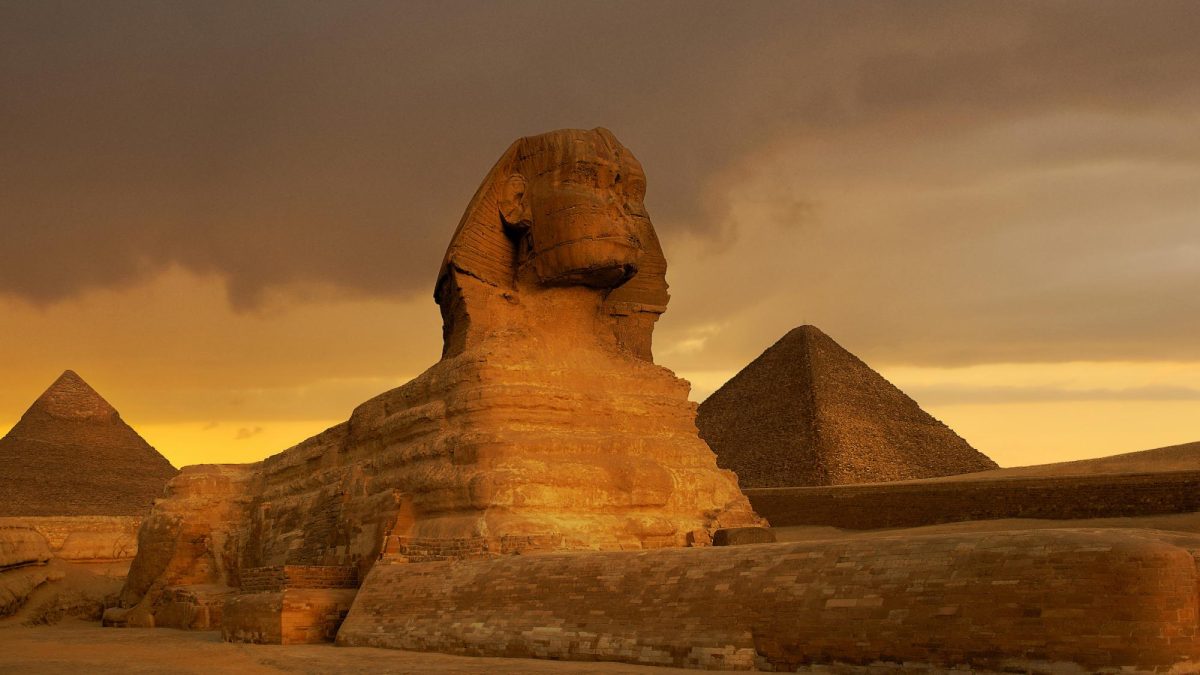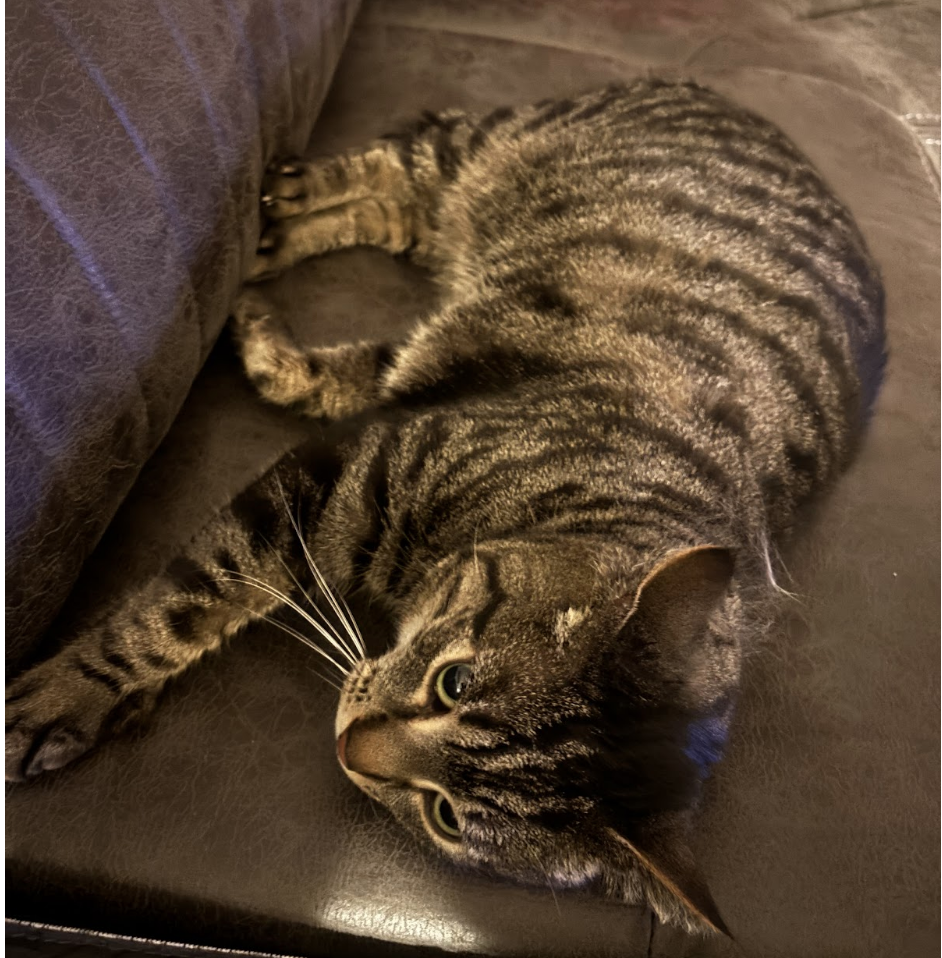One might believe that the Ancient Egyptian language spoken by the famous civilization died out a long time ago. However, not only does it survive in the dominantly Arabic-speaking Egypt today, but it also manifests itself in a subject you might be taking right now.
In the Ancient Egyptian Language, a member of the Afro-Asiatic language family, the land of Egypt itself was referred to as Kemet, which meant “black fertile soil,” for the abundant soil along the Nile River. However, when Alexander the Great conquered Egypt in the 4th century B.C.E., Greek and the Greek alphabet became popularized. Over the following centuries, a new form of the Egyptian language written in a derivative of the Greek alphabet known as Coptic would develop, which is still widely spoken in Egypt today and is the liturgical language of the Coptic Orthodox Church. But what does this have to do with Chemistry?
Egypt, at the time of Antiquity, was famous for its rich history and tradition of “magic” rituals and knowledge of occult practices. In a decree by the Roman Emperor Diocletian around 300 C.E., he condemned these practices, calling them Khemia (However, some scholars promote a Greek etymology meaning something like alloying metals). Nevertheless, the practice of transmuting metals and “potions” was heavily associated with Egypt by their foreign rulers. When the Muslim Arabic-speaking Caliphates conquered Egypt in the 7th Century, they referred to the same practice as al-Khmiya. The Arabic prefix al means, the so the Egyptian-thing (similar to how it was used by Diocletian). Eventually, the term al-Khmiya made its way to Medieval Europe and became known as Alchemy.
Alchemy became a prevalent practice in Europe, and it wasn’t until the Renaissance that humanist Georg Agricola simplified the term to chymia. This usage quickly became popular and was integrated into English as Chemistry, which became the modern term used today.
Sources:
Weekly, 1967, University of Nottingham
Newman, 1998, Early Science and Medicine







